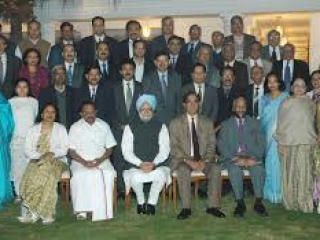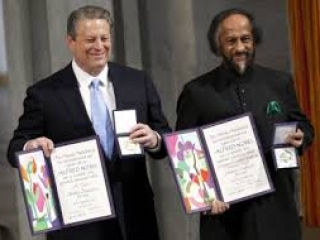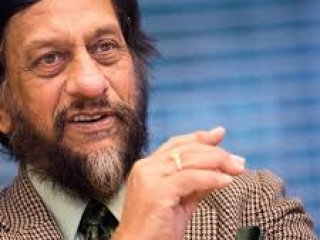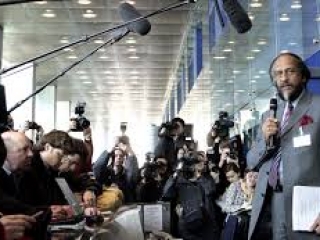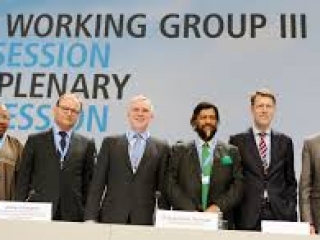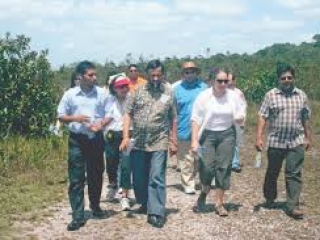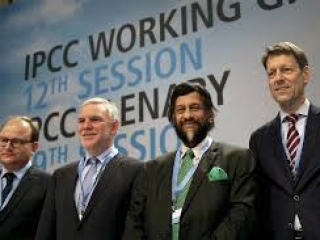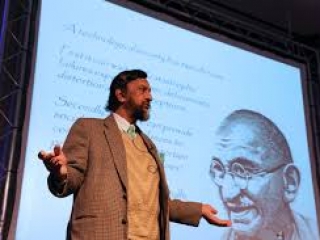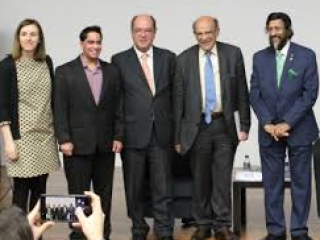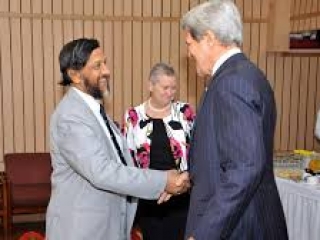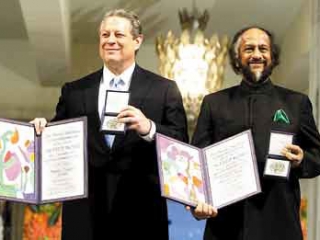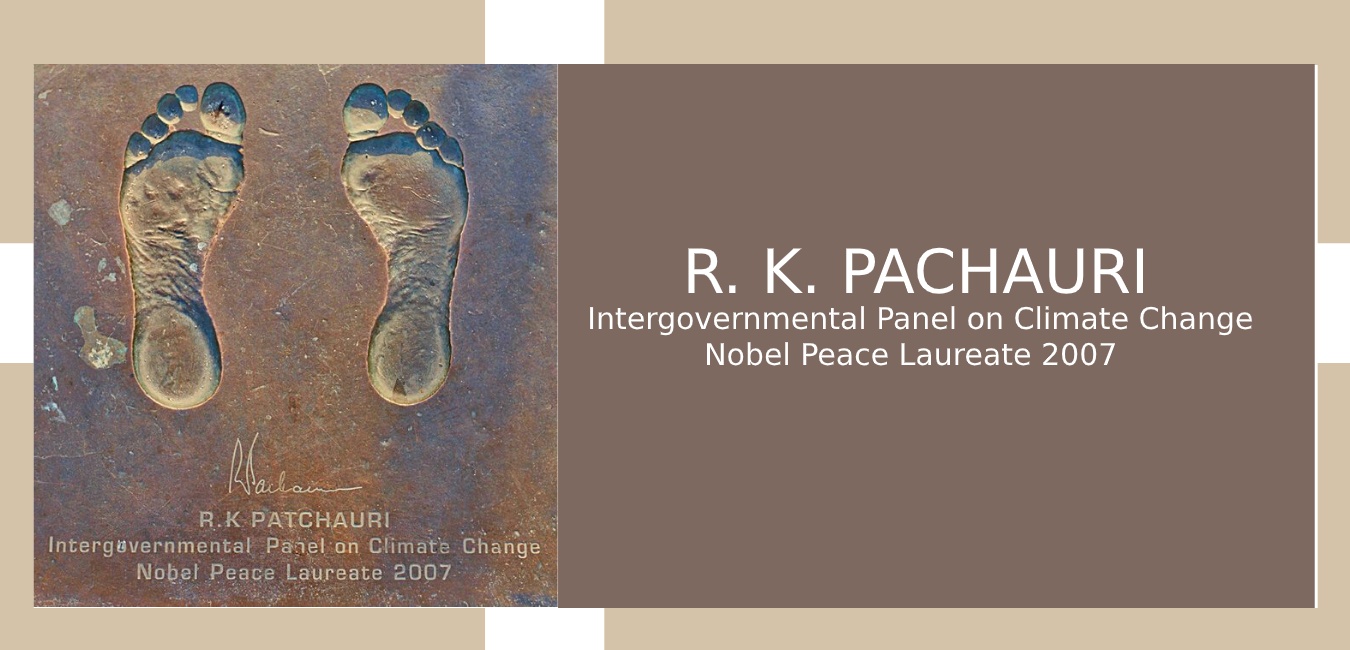
IPCC
Dr. Pachauri’s involvement with the Intergovernmental Panel on Climate Change (IPCC), the world's authority on climate science, had begun in 1991 when he was a lead author for the Second Assessment Report, which laid much of the foundation for the Kyoto Protocol of 1997. He had been influential in IPCC ever since and by the time of the third report he was one of the vice chairmen of the panel and the chairman of Ad Hoc group on the IPCC communication strategy.In 2002, IPCC elected Dr. Rajendra K. Pachauri as its next Chairman at its 19th session in Geneva replacing the British scientist Robert Watson to lead the expert body in preparing the Fourth Assessment of Climate Change which was expected to be published in 2007. Assuming his role, Dr. Pachauri said, "I shall endeavor in my role as Chairman to carry forward the excellent work of my predecessors and create teamwork through sensitivity to all regions of the world, including the developing world and the small island states." In 2008, he was re-elected unopposed for a further five-year term.
Dr. Pachauri had been an election trend setter within the IPCC. He received 71 votes while his opponent Nizar Tawfik of Saudi Arabia received 35 for the post of Vice Chairman of IPCC, representing Asia. At the 19th session in 2002, Dr. Pachauri became the first chairman to be elected at a Plenary session, and it was the only time that a chairman had been elected by a true democratic vote in the 25-year history of the IPCC.
Dr. Pachauri’s world-class expertise in economics and technology was critical to the IPCC, and he exhibited strong commitment to the IPCC process, its scientific integrity, and the spirit of consensus by which it functions so effectively.
During his tenure, the IPCC and former US Vice-President Al Gore were jointly awarded the 2007 Nobel Peace Prize "for their efforts to build up and disseminate greater knowledge about man-made climate change, and to lay the foundations for the measures that are needed to counteract such change." Dr. Pachauri believed that the awarding of the Nobel Peace Prize has convinced people of the magnitude of the issue. “It [Nobel Peace Prize] brings home that climate change is an issue that affects the future of humanity and a dimension that people haven't really thought about previously — if we don't deal with this in time, it could become an issue of peace and national security,” he had said.
When asked if he supported calls to keep atmospheric carbon dioxide concentrations below 350 parts per million (ppm), Dr. Pachauri said, "As chairman of the Intergovernmental Panel on Climate Change (IPCC) I cannot take a position because we do not make recommendations. But as a human being I am fully supportive of that goal. What is happening, and what is likely to happen, convinces me that the world must be really ambitious and very determined at moving toward a 350 target." The 350 target refers to the level in parts per million of carbon dioxide in the atmosphere that some climate scientists such as NASA's James Hansen had agreed to be a safe upper limit to avoid a climate tipping point.
Related links:
Dr. Rajendra K. Pachauri, Chair of the Nobel Peace Prize winning Intergovernmental Panel on Climate Change (IPCC)
Intergovernmental Panel on Climate Change – Nobel Lecture
Climate Change and Sustainable Development: IPCC Chairperson Dr Ragendra Pachauri
Gallery:

